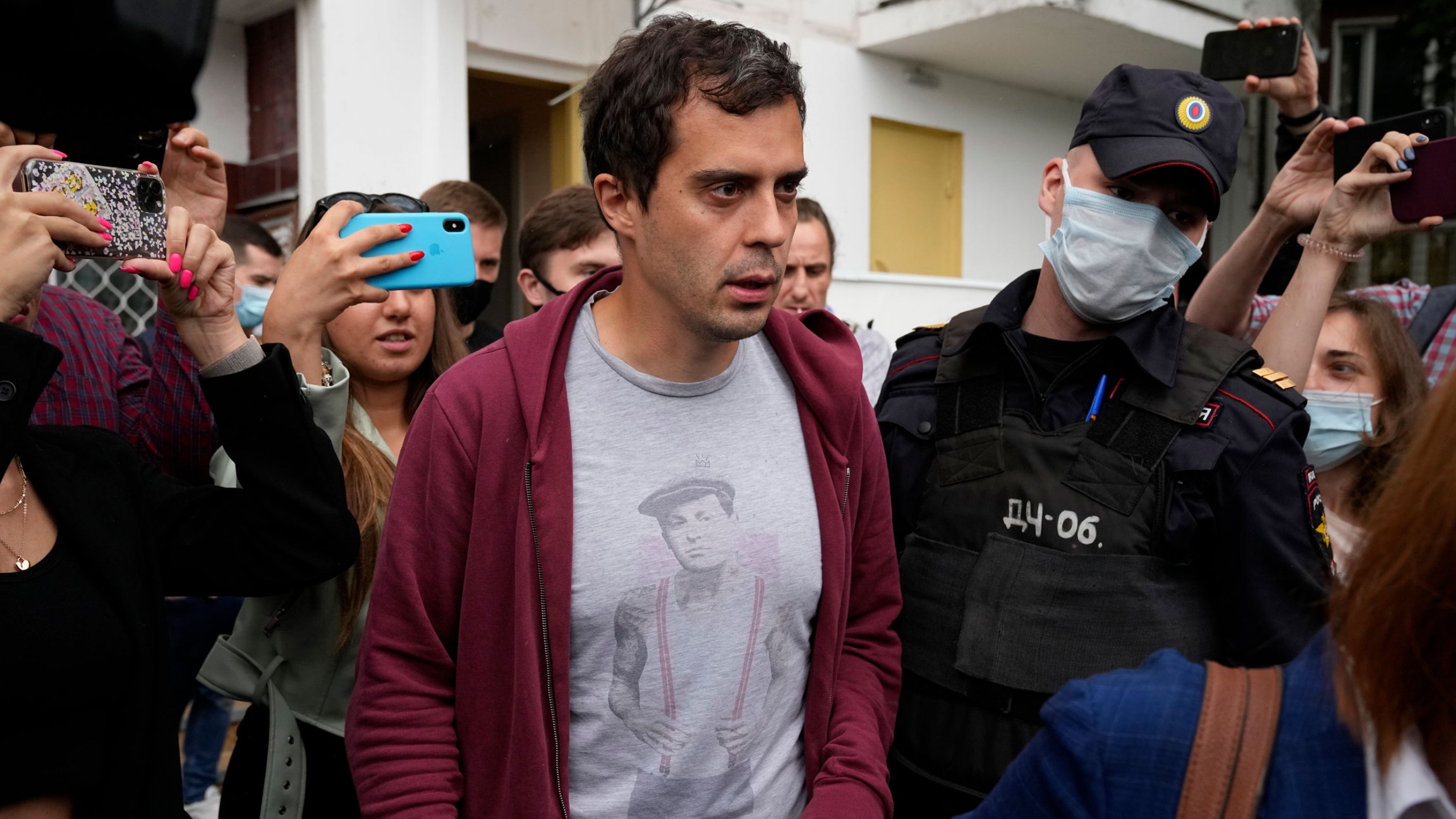The International Press Institute (IPI), a global network of editors, media executives and leading journalists for press freedom, today condemned the latest wave of state pressure on investigative journalism in Russia ahead of parliamentary elections and expressed grave concern about the weaponization of the country’s “foreign agent” law against critical media.
On July 28, police raided the apartment of Roman Dobrokhotov, editor-in-chief of The Insider, an investigative outlet which has drawn the ire of the Kremlin for publishing revelations in cooperation with Bellingcat about the role of Russia’s security agencies in the Salisbury poisonings and the assassination attempt on opposition leader Alexei Navalny.
The raid came a week after The Insider was added to the justice ministry’s growing list of “foreign agents” and as Dobrokhotov was about to leave the country, according to media reports. His passport was seized along with mobile phones and laptops.
The justification for the search was an ongoing criminal libel case involving an article about the alleged cooperation of a Dutch journalist with the Russian GRU military intelligence service over the downed MH17 plane. If convicted, he could face up to two years in prison. In a statement, his Latvia-based online outlet pledged to continue publishing.
Meanwhile on July 29, it was reported that the editor-in-chief of investigative news outlet Proekt, Roman Badanin, had fled Russia to avoid potential criminal prosecution. That came two weeks after authorities outlawed Proekt and labelled several of its staff, including Badanin, “foreign agents”, leaving them facing possible jail time.
The homes of Badanin and his journalist colleagues were searched by police in June, shortly after the outlet announced the publication of an investigation into the hidden wealth of the family of the interior minister. In an interview, the editor said he had no plans to return to Russia and that efforts were under way to evacuate staff to neighbouring countries.
“Investigative journalism in Russia is coming under unprecedented pressure ahead of this September’s legislative election, with no media outlet or journalist safe from the long arm of the Kremlin”, IPI Europe Advocacy Officer Jamie Wiseman said. “As the list of media outlets, editors and reporters added to the country’s ‘foreign agents’ continues to grow, the space for investigative journalism continues to shrink. The international community must forcefully condemn the latest crackdown and the Organization for Security and Co-operation in Europe (OSCE) should raise the matter with Russia as a matter of urgency.”
The Insider and Proekt are the latest in a string of independent and investigative media outlets to have been designated “foreign agents”, a pejorative label which identifies them as receiving foreign funding for their activities.
In April, Latvia-based independent newspaper Meduza and PASMI, a Russia-based news medium reporting on corruption, were added to the list. Russian business newspaper VTimes was then forced to close in June after being designated a “foreign agent”. In July, the justice ministry designated numerous reporters for U.S.-funded Radio Free Europe/Radio Liberty and Open Media as “foreign agents”.
The law requires branded outlets to add a disclaimer above every text they publish, both for articles on their websites and posts on social media, warning viewers they are about to read content from a “foreign agent”. Those who do not comply face fines, criminal charges or even a complete publication ban. Fines on companies advertising with media labelled as “foreign agents” discourage potential advertisers or partners and hit media companies’ finances.
